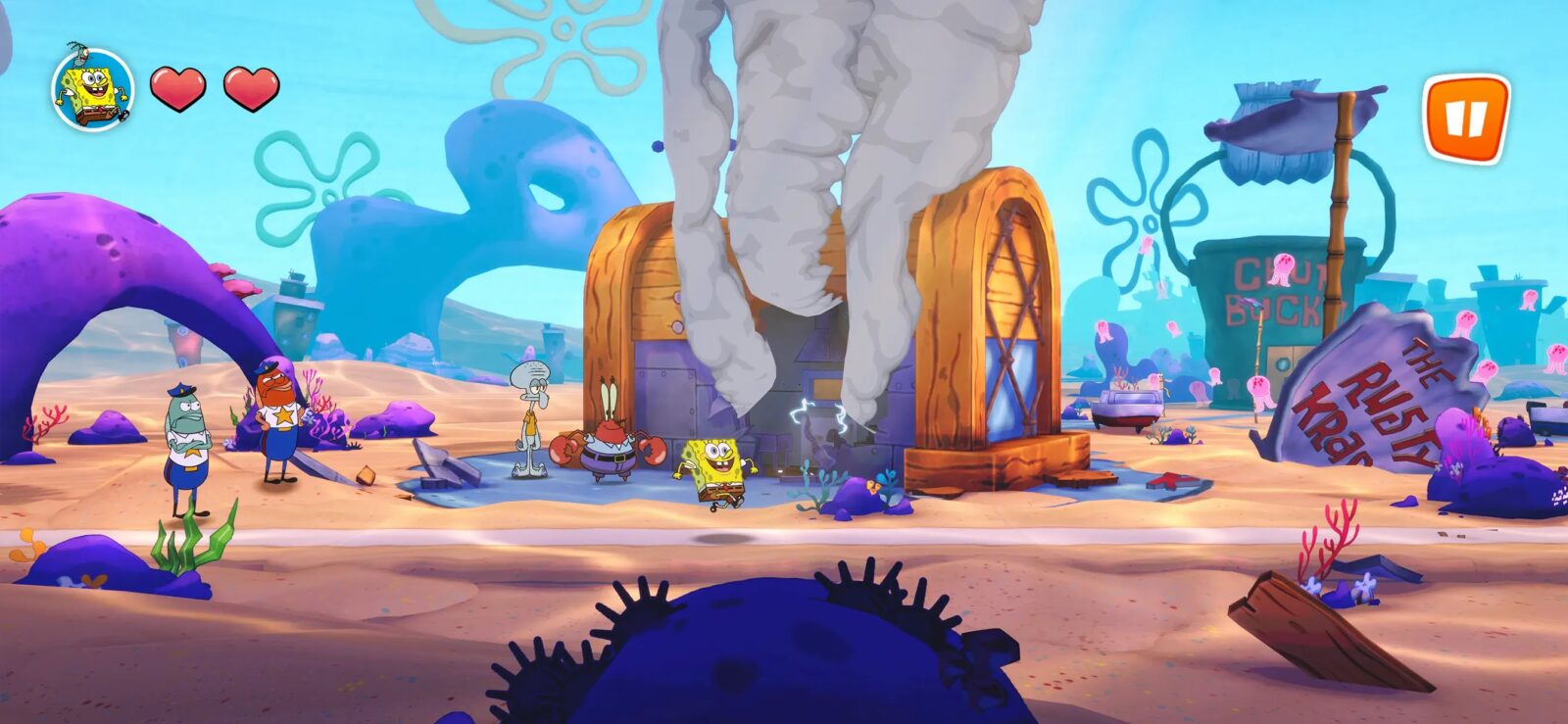Apple’s new sci-fi series Pluribus opens with an apocalyptic sequence that is less about spectacle and more about psychological disorientation, setting a tone that separates it from the recent wave of end-times storytelling on television. Created by Vince Gilligan, the show follows Carol Sturka, played by Rhea Seehorn, one of the few people immune to an alien virus that merges nearly all of humanity into a single consciousness. The result is a world filled with people who appear endlessly cheerful, attentive, and protective toward Carol, but whose behavior feels increasingly invasive. The premiere wastes no time establishing this dynamic, revealing the event known as the Joining in full rather than stretching the mystery across episodes.
Pluribus Review
What makes the Joining so unsettling is how organized it is. Rather than erupting suddenly, it unfolds like a meticulously coordinated operation carried out by people already infected, long before the rest of the world realizes what is coming. Scenes of lab workers casually contaminating petri dishes a month earlier imply that similar acts have been replicated worldwide. By the time the Joining begins, the city’s destruction looks familiar—crashed cars, flames, and civic breakdown—but the behavior underneath is anything but typical. Carol moves through a landscape where people first appear vacant and unresponsive, only to revive moments later with detailed knowledge of her life. Their friendliness feels performative, almost strategic, and the familiarity they display becomes a source of dread rather than reassurance.
The show flips the usual apocalypse template by presenting a hive mind that avoids harming anyone who remains outside it. Instead, the collective maintains an unsettling level of care for people like Carol. Other immune individuals, such as Koumba Diabaté, even seem relieved by the attention, suggesting that the comfort offered by the hive mind is a persuasive tool rather than a benevolent impulse. Conversations with characters like David Taffler and Zosia underscore that the hive mind intends to eventually assimilate those who remain immune; its patience is part of the strategy. The constant pampering, emotional monitoring, and gentle coaxing feel less like hospitality and more like a long-term attempt at influence, especially since the hive mind appears to derive its own stability from the emotional state of the immune.
By presenting the Joining in the first episode, Pluribus sidesteps the common method of teasing mythology for half a season. Instead, the series establishes its rules and stakes upfront, letting viewers focus on Carol’s emotional trajectory rather than waiting for an eventual reveal. The premiere’s shift from absurdist comedy to tension and dread gives the opening its impact, grounding the story in Carol’s disorientation as she loses her friend Helen and confronts a world whose people behave more like well-meaning custodians than individuals.
As Pluribus moves beyond its introduction, the series seems less interested in unraveling a conspiracy and more focused on Carol’s attempt to navigate her new reality. She is surrounded by people who look human, speak warmly, and behave with exaggerated concern, but whose identity has been erased in service of the collective. Each day repeats the emotional disruption of the Joining, and the story’s intrigue comes from watching Carol contend with a society that believes assimilation is both inevitable and desirable. With weekly episodes on Apple’s platform, the series now shifts from its expansive opening sequence to the quieter, more personal tension of how someone lives when everyone else insists they know what will make her happy.







